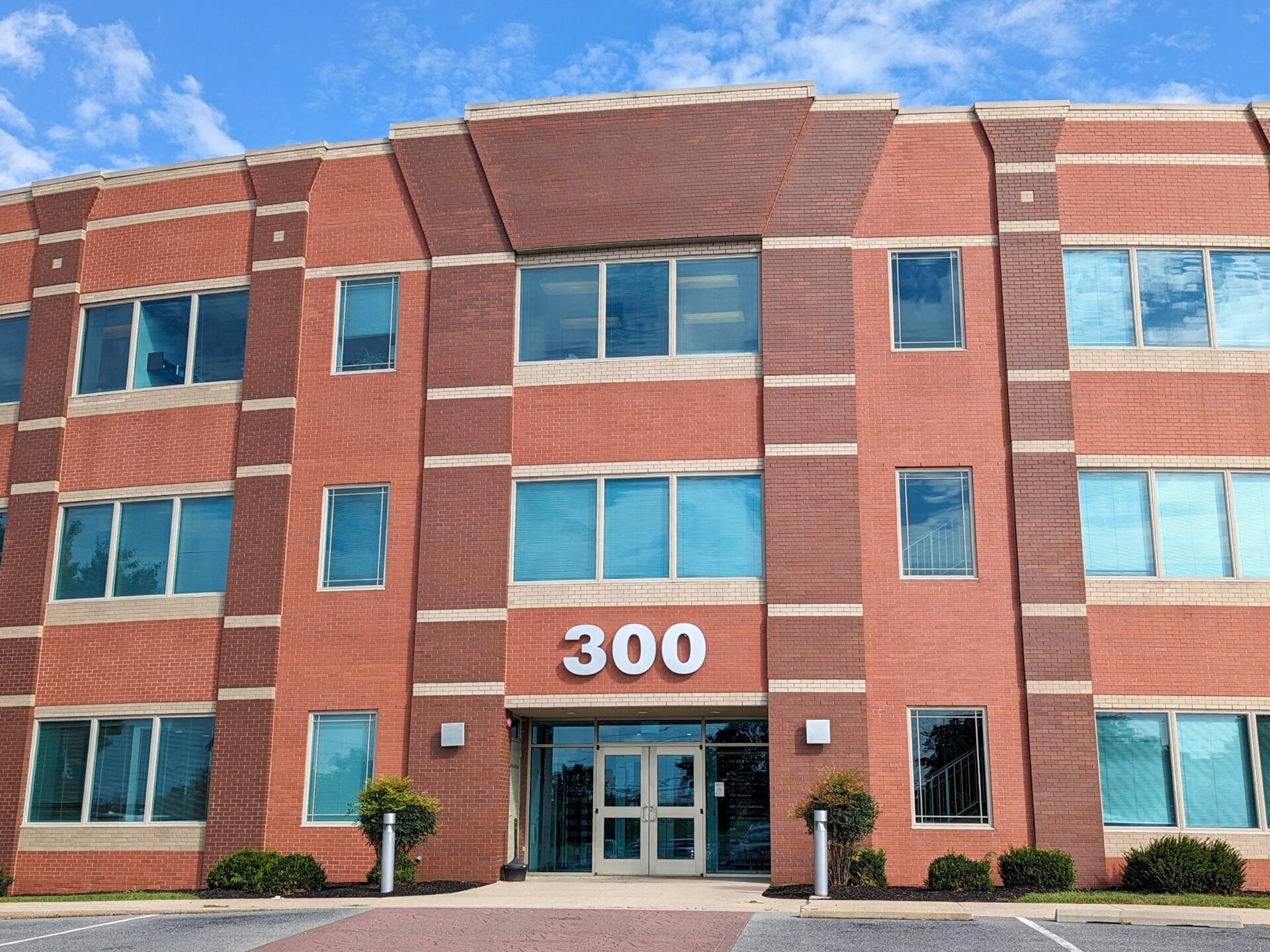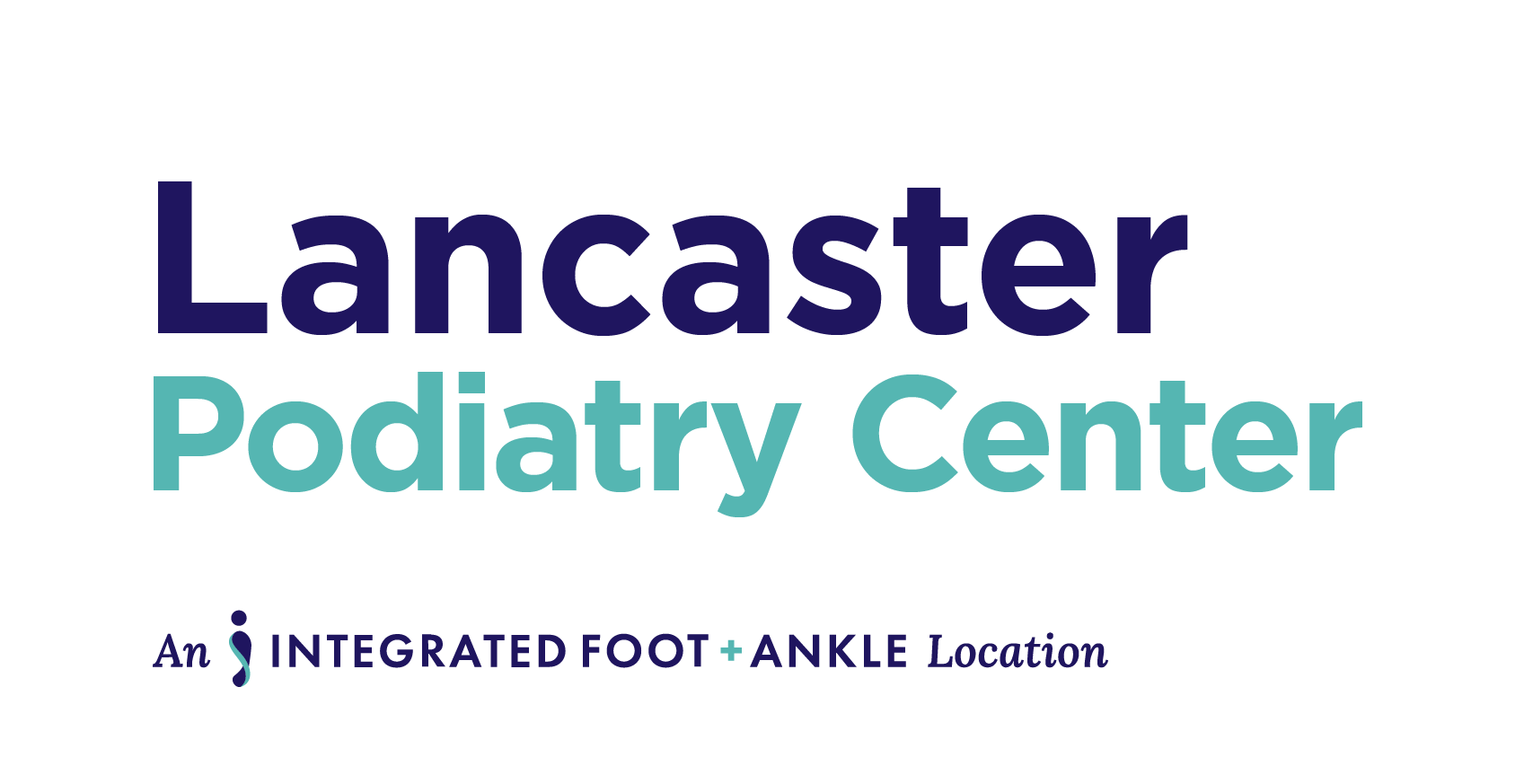
Lancaster Podiatry Center
Lancaster Podiatry Center practices a minimally invasive approach to your foot or ankle problem with surgery as the last option. Dr. Pete Smith is dedicated to getting to the root of your foot or ankle problem. He has dedicated his life to save the limbs of patients with complications due to diabetes, peripheral arterial disease (PAD), or any circulatory problem. We are committed to making our practice and care as convenient and accessible as possible for our patients. We accept most major insurance plans.
Lancaster Podiatry Center Information

Lancaster Podiatry Center
300 Granite Run Dr
Ste 160
Lancaster, PA 17601
Dr. Pete Smith
FAX
(717) 560-3452
Hours
Monday: 7am-12pm
Tuesday: 8am-5pm
Wednesday: 9am-5pm
Thursday: 8am-5pm
Friday: 7am-12pm
Saturday: Closed
Sunday: Closed
Follow Us
Services
Meet the Doctor

Dr. Pete Smith